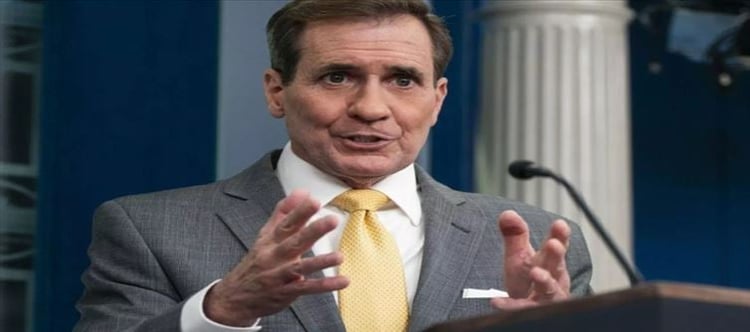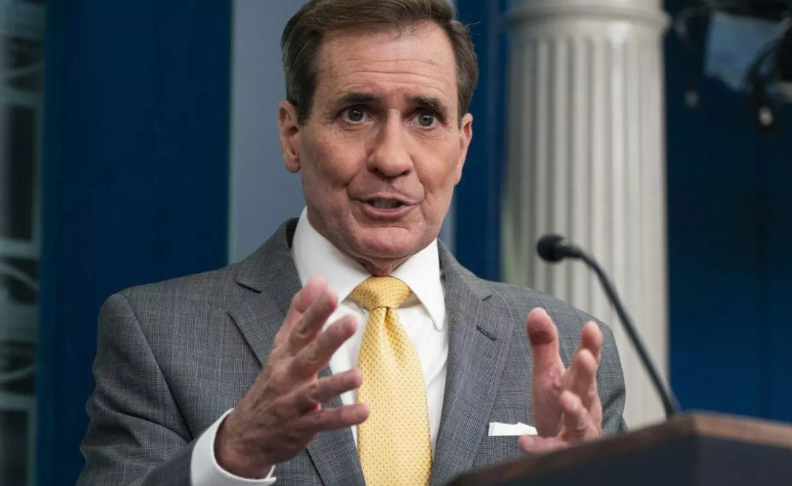
The spectre of global conflict and nuclear capabilities has always been a cause for concern, with nations possessing the power to reshape the world. Recently, the united states has made a startling announcement, claiming that russia is actively developing a satellite destruction weapon, a revelation met with profound apprehension. While the weapon has yet to be deployed, its very existence raises alarming questions about the potential consequences.

Earlier reports from U.S. intelligence had hinted at Russia's clandestine development of a significant weapon, prompting Chairman of the house of Representatives Intelligence Committee, Mike Turner, to call for transparency from President Biden's administration. The white house confirmed the authenticity of the information but withheld further details, citing the sensitivity of the matter.
Amidst the growing concerns, additional reports surfaced, suggesting that the satellite destruction weapon in question might possess nuclear capabilities. However, the white house spokesperson, john Kirby, refrained from confirming this aspect, emphasizing the immediate threat to satellites in Earth's orbit and potential risks to astronauts on the international Space Station.
While Kirby clarified that the weapon, as of now, doesn't pose a direct threat to Earth, experts, such as Todd Harrison from the American Enterprise Institute, underscored the perilous implications if russia were to introduce a nuclear-capable weapon into space. Such an act could jeopardize satellites, the international Space Station, and the safety of astronauts aboard. The unfolding situation highlights the delicate balance in global security, emphasizing the need for international cooperation and vigilance in the face of evolving geopolitical dynamics.




 click and follow Indiaherald WhatsApp channel
click and follow Indiaherald WhatsApp channel